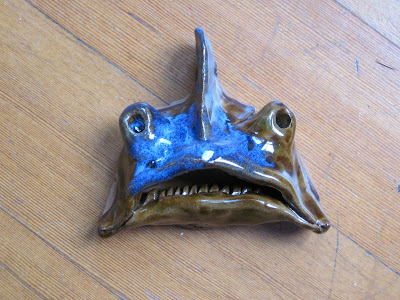Edinburgh was a bit of a puzzle for me, and it still is in terms of balancing or juggling what I like and don’t like about the city. Edinburgh is a city and a wonderfully compact one, as anyone will tell you, and that’s appealing in the same way that San Francisco is so much more appealing than LA, say. Or, perhaps, Seattle may be a better comparison, nowadays. I’m not sure.
When I first saw Edinburgh, I was looking through a doubled pair of lens, Boswell’s and Ian Rankin’s, seeing both the 18th-century and Rebus’ cities intertwined. And a third strand when I looked at the Castle and saw the winding streets and closes near the Castle was Dunnett’s strand, the Lymond of Crawford strand, for that one wasn’t as apparent as I had first hoped. I had to look for the 16th and 17th century elements. And, while I knew the Castle was on a volcanic outcropping and loomed over the New Town, say, I wasn’t quite prepared for the layering, the labyrinthian qualities, the sheer complex design and lack of design of a city that had grown over time on such an uneven surface. I could understand Edinburgh metaphorically, suddenly, and that made both Dunnett and Rankin clearer to me. A canny place.
I wanted to like Edinburgh, but I didn’t like the city at first. Rain coming down didn’t help; anxiety about getting from airport to city centre to Dalkeith lodgings didn’t help either. The height of the houses, of the buildings in general, surprised me and put me off. The dirty gray and yellow and black stones of the houses also looked dingy, sooty, filthy in the cold, gray light too. But then the sun flashed out through the clouds as the wind whipped about, and a brighter face shown through. The sky in its brightness seemed higher than the sky at home, as if the sky were a ceiling however highly placed, but that’s exactly how the brightness of the light translated to me, illuminating the walls and the streets, catching the wetness of the past shower with a gleam, raising that ceiling as it were for a more expansive world.






























